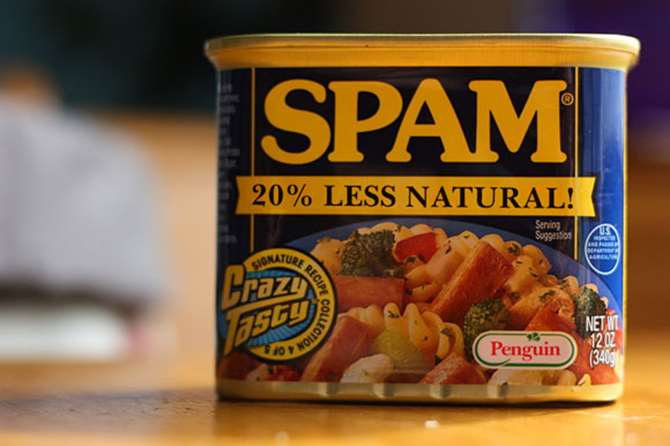
Back in March, BBC, the world’s largest broadcast news organization, was hit with an unnatural link notification. A little more than a month later, Mozilla was hit with a manual spam update.
As it turns out, both sites only experienced minor penalties – only one page was penalized for each – but Google’s actions did give web marketers and webmasters some valuable insight:
- There is such a thing as a granular penalty, and it protects ethical sites. Historically, the prevailing assumption was that unethical ‘black hat’ tactics would impact rankings for an entire website. As such, there was valid concern that your entire site could disappear in the search results pages due to the efforts of unethical competitors or spammers. Granular link penalties limit that risk.
- Don’t neglect your Google Webmaster Tools account. Aside from the obvious benefit of helping you identify and fix technical issues on your site, Webmaster Tools is the way that Google communicates with site owners. Things change fast on the web. If your site is going to be impacted by these changes, make sure you are ready with the help of Webmaster Tools.
- Keep an eye on user-generated content. In Mozilla’s case, the penalty hit one particular blog post that had more than 21,000 comments, many of which were obviously not intended to add meaningful discussion to other readers but to trick the engines into ranking external sites better. If you’re going to operate a blog or forum in which you encourage reader feedback, make sure you take the time to moderate it. Not only will you be able to eliminate spammy content akin to what you see below, you may find that you can serve your target audience better (and get better rankings) by participating actively in the legitimate discussions taking place on your website.

- Don’t forget about the nofollow attribute . For most people, it’s not possible to manually review every comment, so if you allow links, protect yourself further by attaching the nofollow attribute to them in any user-generated content sections of your site.
- Understand that while Google Penguin is not perfect, it is more serious than ever in its fight against webspam. Unfortunately, the BBC penalty appears to have been applied erroneously. Essentially, BBC article was syndicated by a lot of sites in a very short period of time, and the large amount of links that were used to cite BBC as the source of the article raised a flag at Google. Regardless of the error in this particular case, there has been clear evidence that Penguin is getting stricter when it comes to bad link profiles, and the fact that not even a major brand like BBC is immune to the watchful eyes at Google is further proof.
Has your site been the victim of a granular penalty? Does your site allow for user-generated content? Have you noticed any traffic declines in the wake of these recent changes?
If so, share your (soon to be moderated) thoughts below!
"Spam," © 2008 Princess Merida, used under a Creative Commons Attribution 2.0 Generic license.

